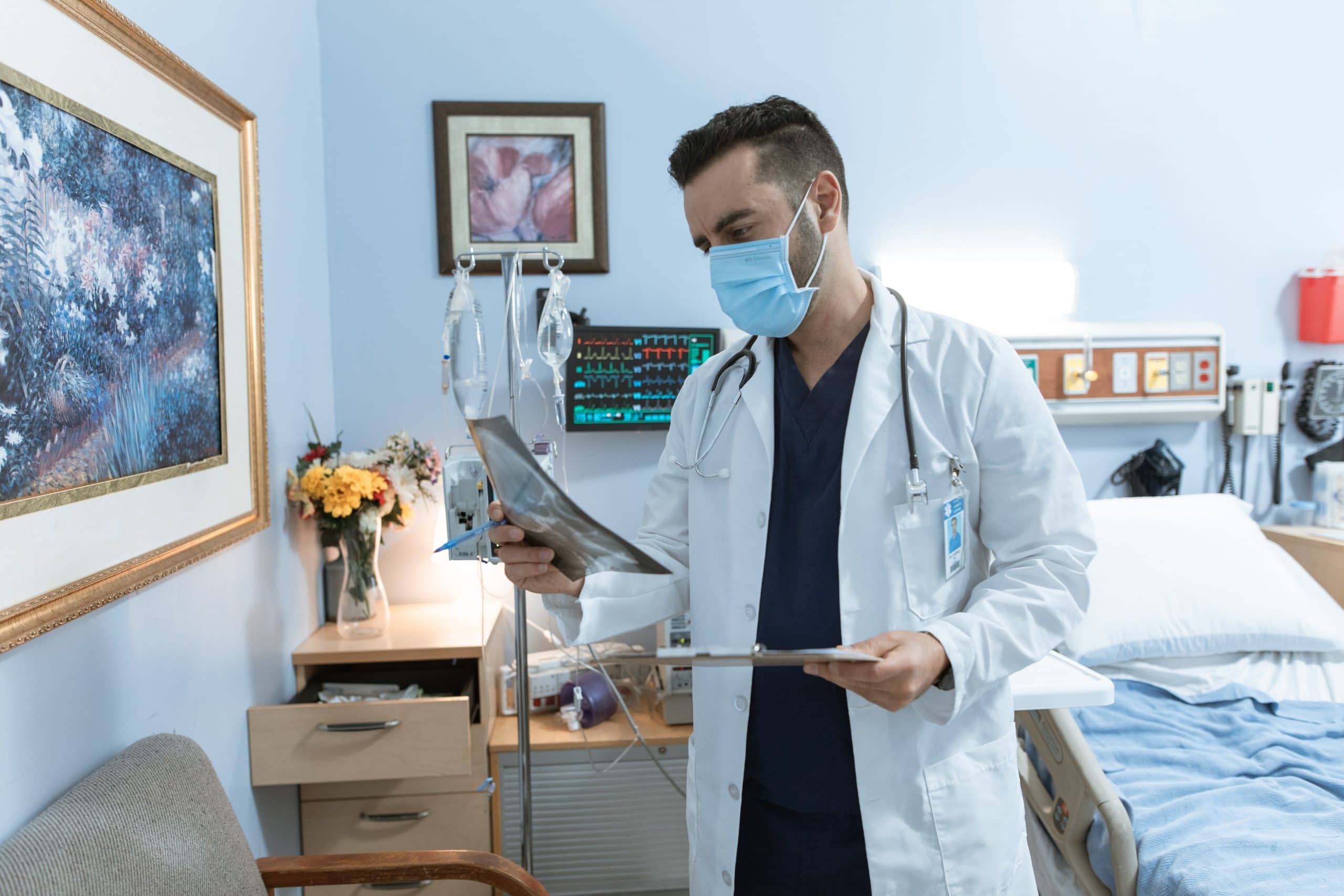
To be sure of our health, it is not enough just to feel good. Also important are medical examinations, which at a certain age seem to be even mandatory
PSA tests are nothing else than prostate antigen tests. It is worth finding out what a PSA test is, how it works and what it is designed to determine.
PSA is the English abbreviation for Prostate Specific Antigen, or steroidal antigen. Otherwise known as a glycoprotein, this antigen is produced by the glandular epithelial cells of the prostate, or prostate gland in men. Thanks to PSA, which is a specific marker of prostate hypertrophy, doctors are able to examine the condition of the gland and, in particular, detect cancer of this organ as early as possible
Monitoring of PSA antigen is performed as part of diagnostics, but also allows observation of changes in patients with already overgrown prostate gland. Therefore, this examination is extremely important in men who want to take care of their health. However, once you pass the age of 40, it becomes compulsory and every urologist will certainly order it as a part of routine examinations.
ThePSA test involves a laboratory evaluation of a patient’s blood sample. Unfortunately, for the results to be as accurate as possible, it is directly linked to a rectal examination of the prostate. This is what men are most ashamed of. And yet, it is the holistic process that has allowed for an unambiguous assessment and further action in the case of prostate cancer
It is important to add that PSA testing is not part of screening. Often, an increased PSA level alone does not indicate prostate cancer. However, when prostate hypertrophy is detected, the PSA antigen and the amount of PSA antigen can determine further action for correct treatment.
PSA testing begins with a venous blood draw. Then, using special laboratory methods, the blood is tested and any readings analyzed. It is assumed that the PSA antigen standard is 4.0 ng/ml. Now everything is about making the best differentiation between a benign prostate growth and a malignant form of cancer. The so-called free form of PSA is then determined
In patients with malignant forms of the lesion, the free PSA will be low. In contrast, patients with benign prostate cancer will have higher levels of free PSA – in this case more than 25% of the total PSA.
The PSA test requires certain preparation of the patient in order for the analysis of his blood to proceed in the correct manner. First of all, taking blood is recommended on an empty stomach and preferably during the morning hours. The day before the test is also extremely important
The day before the test is extremely important, as it is the day before the test that you should avoid eating fatty or excessive amounts of food. It is also important to abstain from alcohol, which will be present in our blood. The same goes for smoking. Since the PSA antigen is also produced by sperm, you also need to abstain from sex the day before the test so as not to increase its level.
Main photo: RODNAE Productions/pexels.com